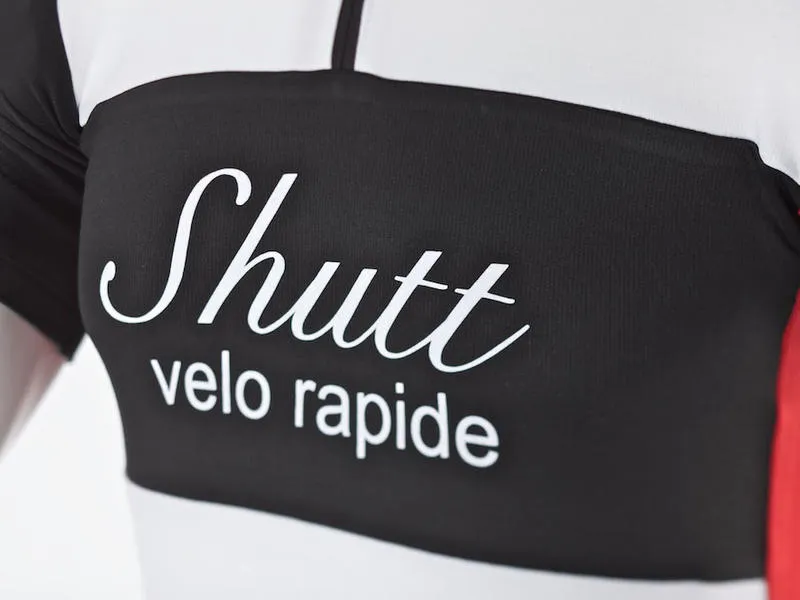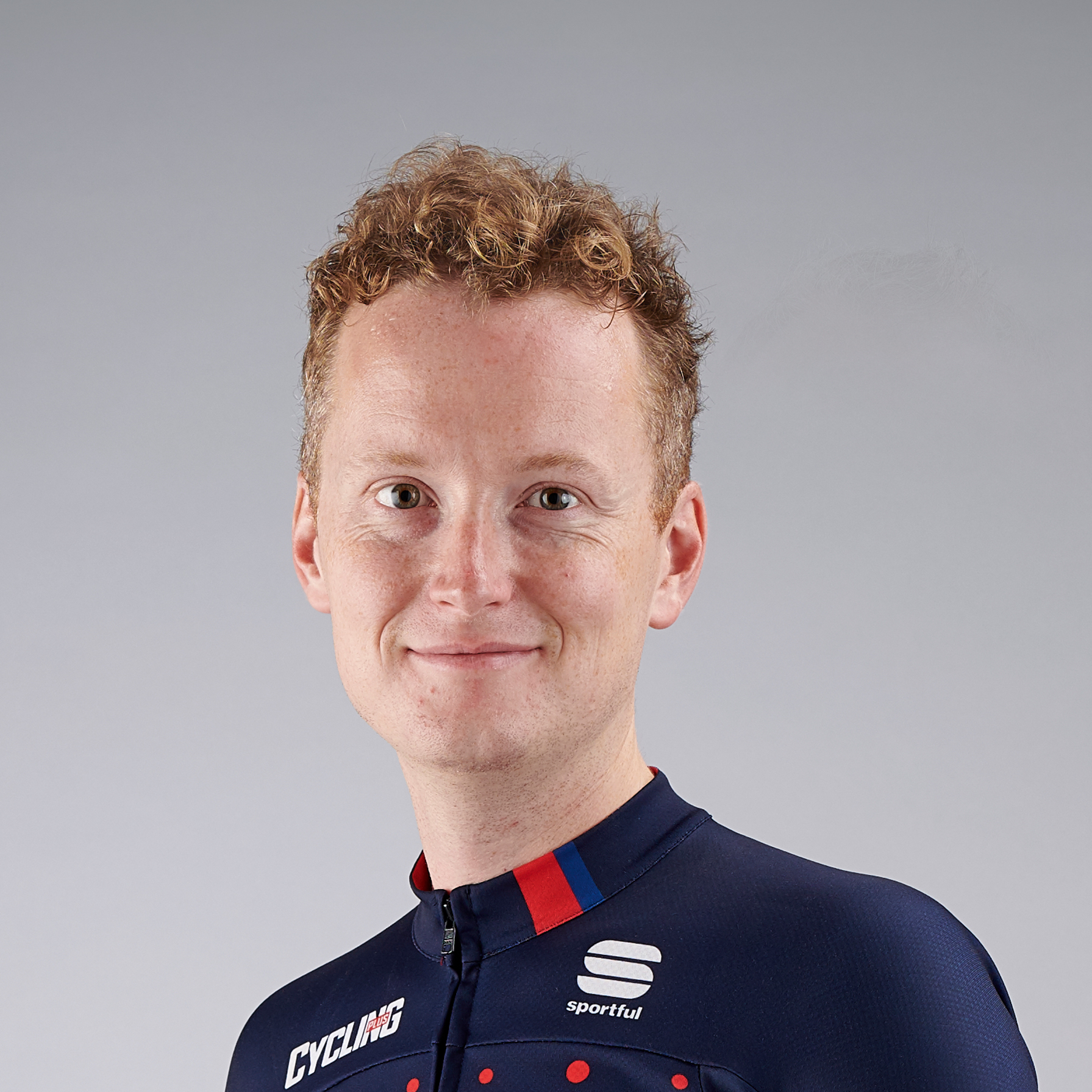From the beginning, Shutt Velo Rapide’s mission was clear: to create cycling clothing made from Sportwool (a blend of merino wool and synthetic fibres) that was high quality but didn’t cost the earth.
Alex Raistrick and Simon Warren founded the company during a ride two years ago, with an idea to plug what they saw as a style gap in the clothing market, in the space between supermarket gear and the high-end clobber of Assos and Rapha.
Their view was that the majority of cycling jerseys were too gaudy and too overloaded with logos, and they wanted to use traditional cycling jerseys of the past as the inspiration for their future. The company appointed Peter Bragg as managing director in January this year, and BikeRadar sat down with him to discuss where they’ve come since launching, the comparison with Rapha and how their customers influence what they do.
BikeRadar: How did the Shutt Velo Rapide name originate?
Peter Bragg: They (Raistrick and Warren) had been on a long ride up to Scotland and were batting around names without much luck. The mythology says that they were about a mile from home when Alex turned to Simon and asked him what his mother’s maiden name was. The answer was Shutt, and that’s how it happened. They tagged on the Velo Rapide, which I don’t think necessarily works. The full name doesn’t mean a lot to people and I’m looking to change the logo without losing the brand identity.
Where are you based and why have you always manufactured your clothing in Britain?
We’re based in Yorkshire, with the office in Ilkley and the factory in Liversedge. We make our clothing in Britain because of economy. In 2009, we could source the Sportwool material locally in Lancashire. It was easy to find, collect, transport to the factory and turn into jerseys. If we’d have tried the same thing with the Far East it would have been such a long process we’d still be working it out now. With the investment at the time, we couldn’t afford to ship in containers of clothing, and we had to factor in shipping costs. So this cottage way of doing things suited us. And it’s become even better for us, because China has got more difficult to do business with – having it all on our doorstep works for us.
Sometimes we get caught out, if we have a popular product that sells out. But when we get it right, there are always enough garments dripping through, which mean we can keep our inventory levels low. The British connection appeals to me because I don’t want to be seen supporting somebody else’s economy when ours isn’t exactly in the greatest of shape. And the British thing helps us an exporter, to the US and to Canada, because that’s what they like. One of our biggest markets is Australia and New Zealand, which is important as it's shipping Sportwool to where it originated.
What about the comparisons with fellow British company Rapha?
It’s a difficult one. If we weren’t doing a retro jersey, in Sportwool, I don’t think we’d get compared, in the same way that Solo no longer get compared. If I was doing it myself from scratch now I probably wouldn’t have used the font that was used on the logo (it was a free font, which was used to save on costs, and echoes that of Rapha).
Are you still producing customised kit for cycling clubs?
When I came on board, it was on the website as an option, but when we changed the site we took it off. At that point, we were ramping up our 'stock' items, and we didn’t have enough capacity in the factory to try to do both. It was only opening up a second factory that allowed us to do it. Bespoke work tends to be more complicated, with less of a margin, and is often a very quick way of going out of business. We want to be able to do everything, but it’s having enough time and energy to do that... We had to spend time and concentrate on our core designs because that enables us to support the making of our club kits.
Are you expanding product availability beyond your own website?
At the start, it was kind of like university Fresher's Week – trying to make as many friends as you can and then spending three years trying to get rid of them. So you want to make sure that the ones you pick and that pick you are the right ones. We went with companies likes Cycles UK, who have a store in Harrods. We have Vita Cycles on the Wirral, who are our exclusive retailers in the North West. We’re working with Pavé Velo in the South West – it’s a cycling cafe, a destination shop. There are around 10 retailers in all and that’s about as much we can manage at the moment.
How does customer feedback influence what you do?
One of the reasons why we opened up the Clubroom on our site was to create a forum and events calendar so we could interact with our customers and get their feedback, to find out if people had issues with our products. We want people to be honest in their opinions, we want them to post moans on Facebook or Twitter. It's a good way to interact and buys us a lot of credibility. It shows that we're genuine, that we aren’t some huge faceless cycle clothing company.


